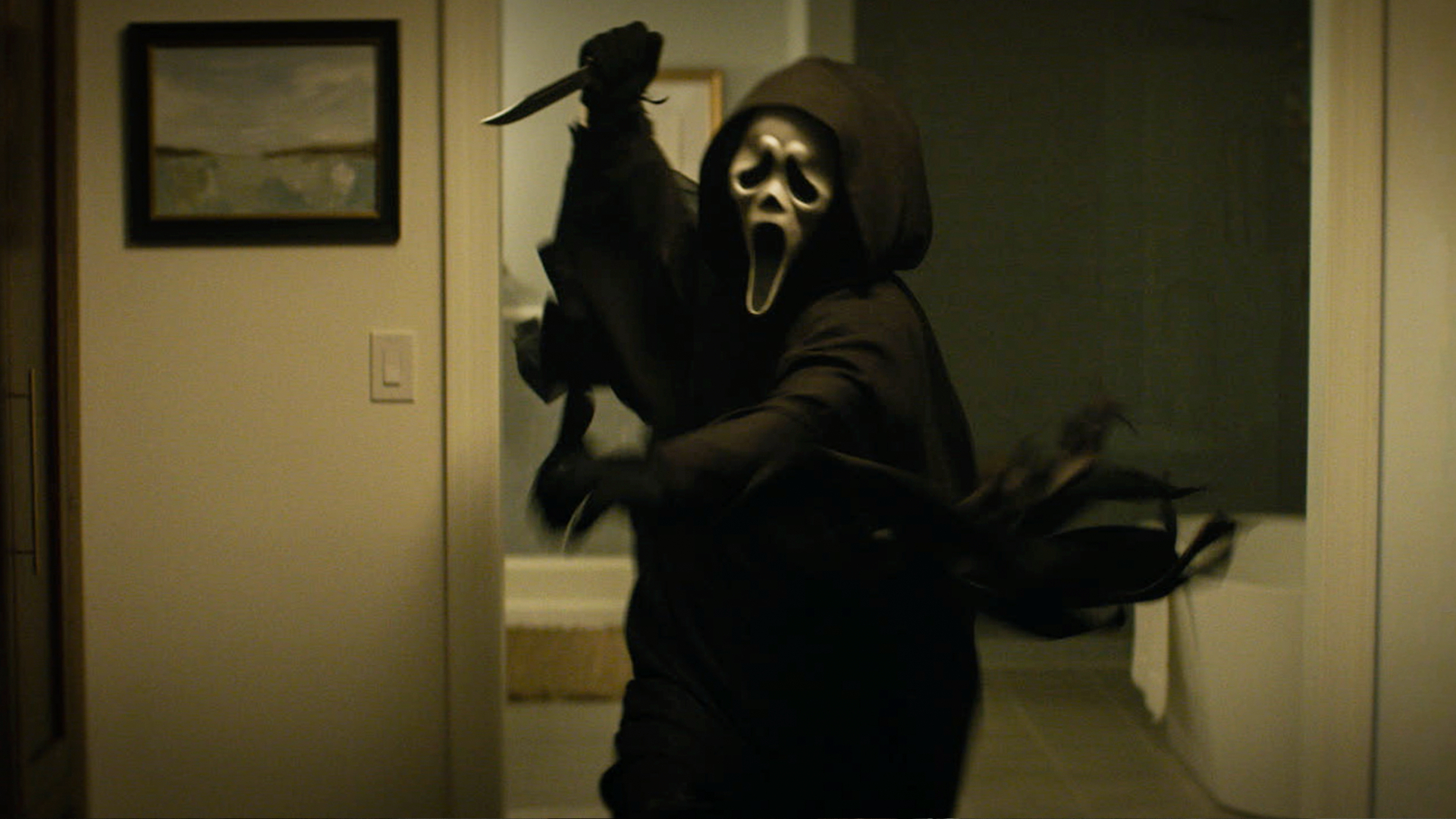Everybodys Gone to the Rapture is a quietly British take on the apocalypse
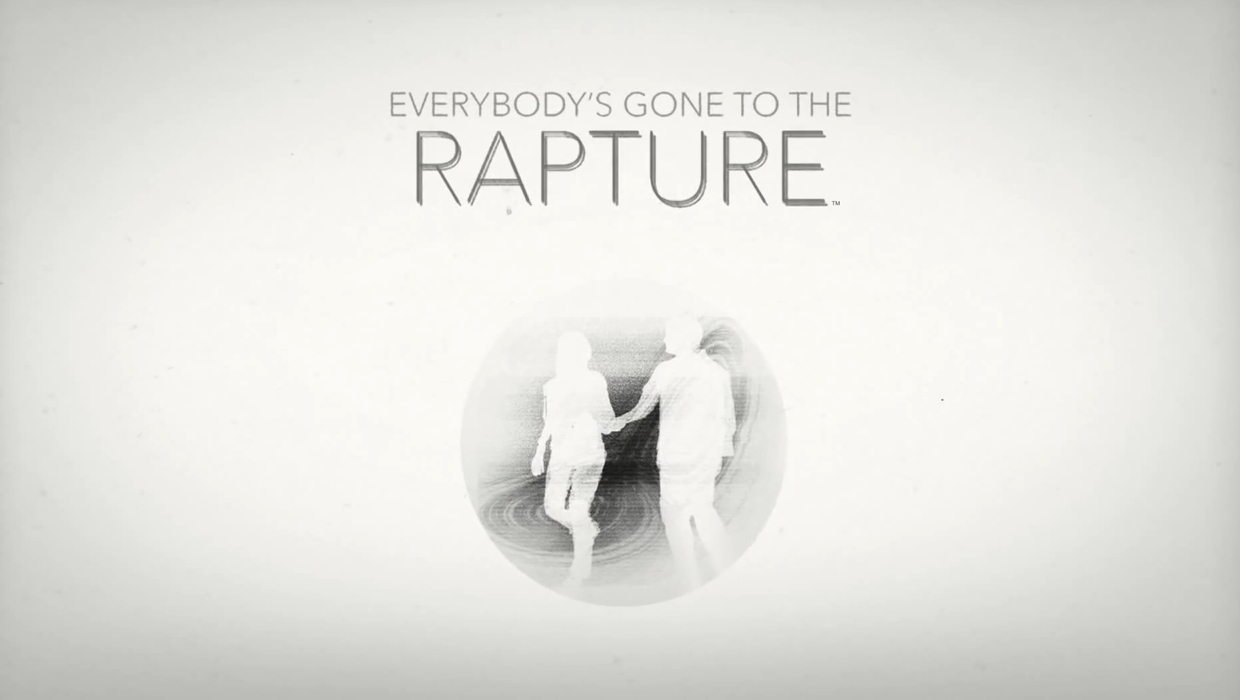
Anarchy in the UK (or lack thereof)
Popular culture seems obsessed with the end of the world these days. Whether in books, TV, or films, the apocalypse has rarely been more ubiquitous, and thats certainly true in video games. But as games like The Division and The Last of Us focus on violent battles between the final vestiges of humanity, Everybodys Gone to the Rapture is about the emptiness that comes at the end. The struggles are long over in this game--youre left alone to sift through the remains of humanity in search of some meaning in whatevers left.
Everybodys Gone to the Rapture is the next game from The Chinese Room, the up-and-coming indie behind the well-regarded Dear Esther and Amnesia: A Machine For Pigs. The team showed its ambitious new title with a somber demo at E3 2014. And while it wouldve been easy to overlook the quiet title amid the many louder titles at the show, our brief time with the game is too engrossing to ignore. Here are just a few reasons to get excited for the oncoming Rapture.
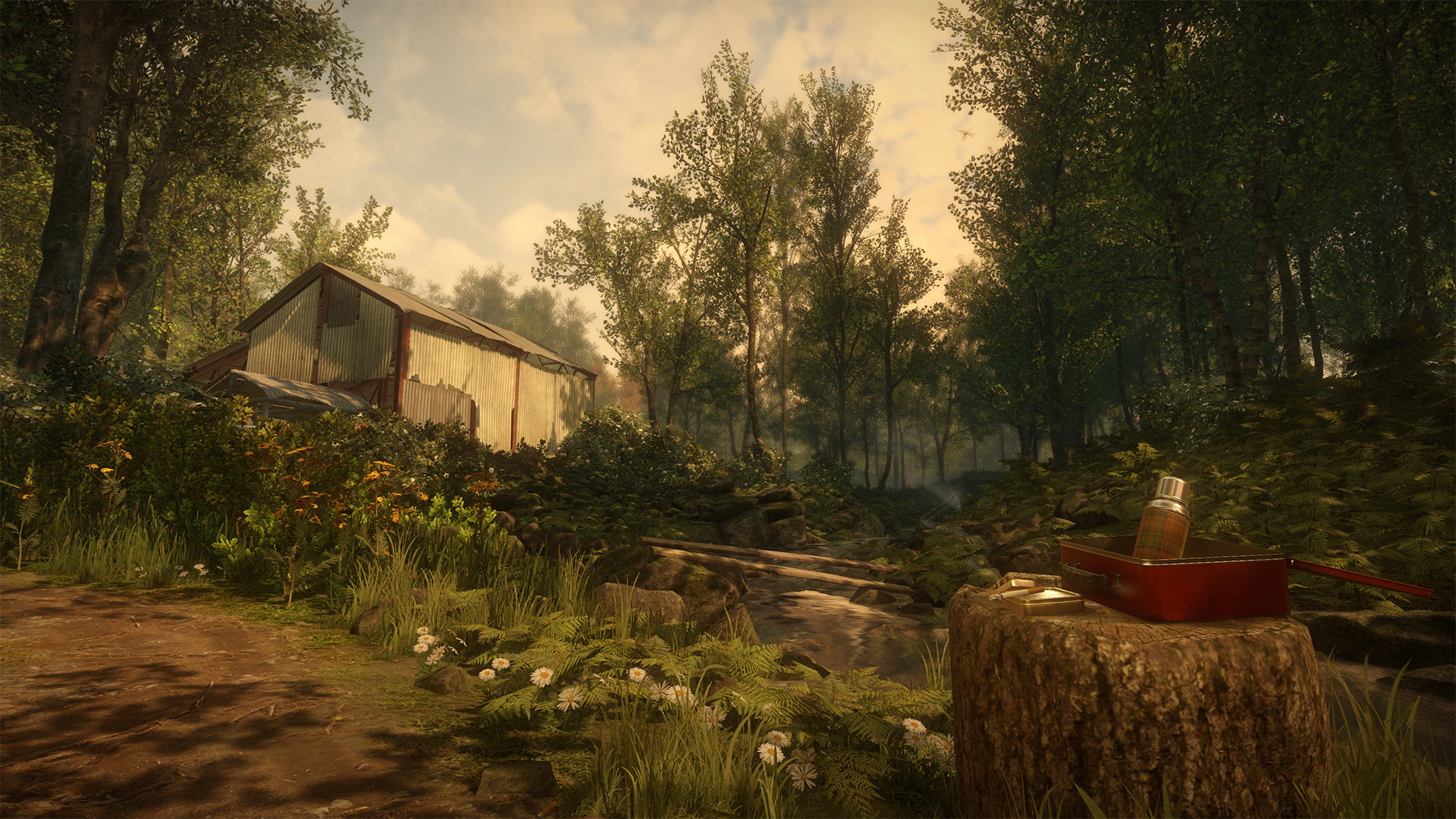
This post-apocalypse is set in 1984s England
Though we havent triple checked this, Everybodys Gone to the Rapture might just be the first game to ever take place in Shropshire, England. The game drops players into the Midlands during 1984 and the area looks gorgeous, with large fields, pretty farmhouses, and small creeks. However, the quaint, small town vibe is just on the surface of the eerily unpopulated world youll be investigating throughout the game.
Why, of all years, is the game set 1984? The devs like the remoteness of an era before cellphones and the internet, as well as the sense of fear and paranoia that the British developers associate with that timeframe. Its certainly going to make the world distinct, and the specificity of the mundane setting will no doubt remind some of last years similar first-person exploration adventure, Gone Home. Given that games critical reception, Everybodys Gone to the Rapture is in good company.
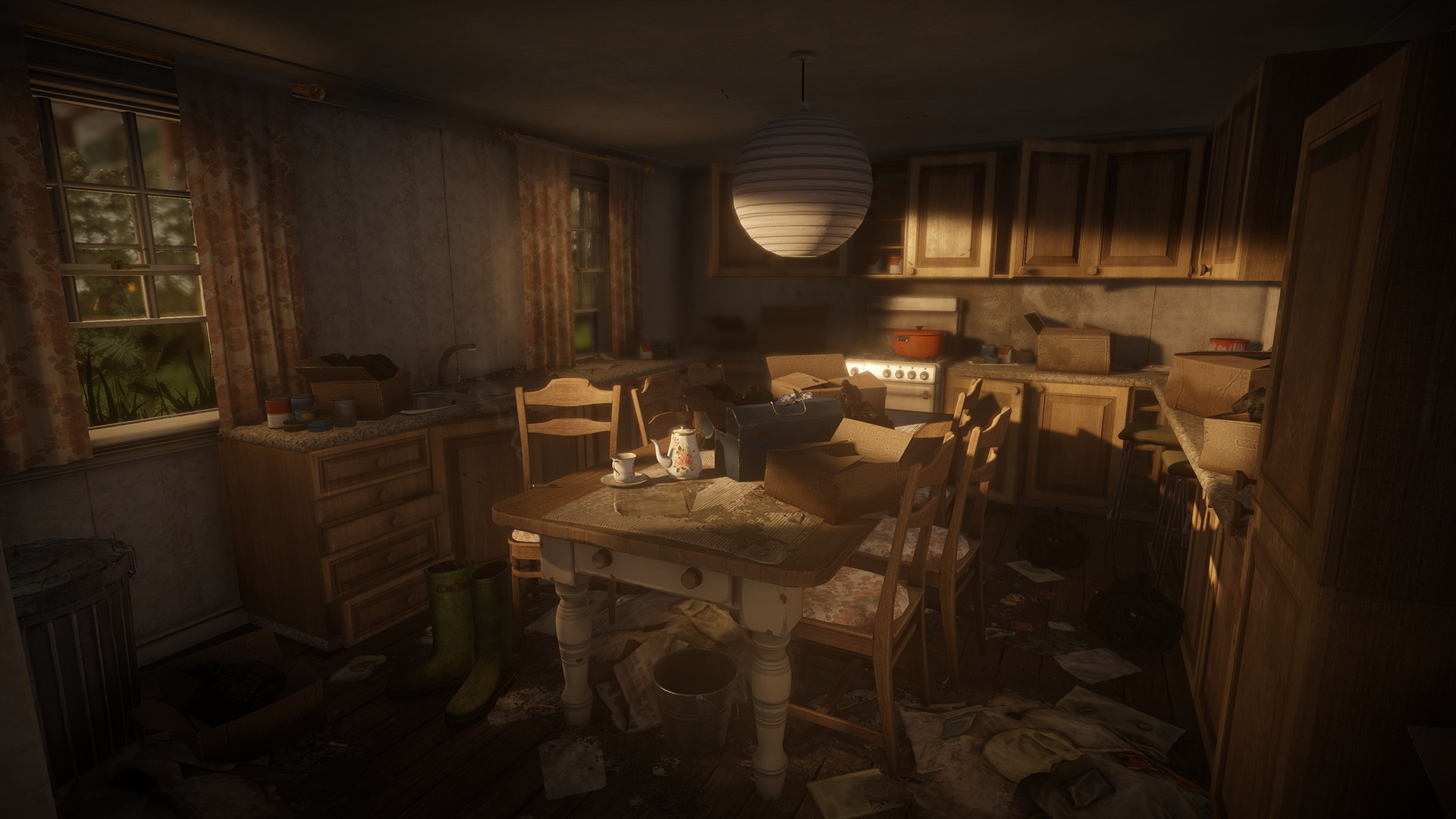
An intimate look at Ragnarok
Shropshire is just one of several places youll explore in the game, and though the world is empty, its littered with the memories of the world thats gone. Many games put you at the center of the conflict, but Everybodys Gone to the Rapture tasks players with discovering the smaller stories left over at the worlds end. The narrative explores the small tragedies and triumphs that are slowly revealed through exploration.
The demo begins with the unseen protagonist picking up a payphone and hearing about some strange electromagnetic disturbance before the message abruptly ends. The protagonist finds abandoned lunch boxes and TVs playing static that all help tell a story if you look closely enough. Somewhere among all these items youll hopefully find answers to why youre seemingly the only person left on Earth, but youll also get some really touching vignettes along the way--if youre willing to look for them.
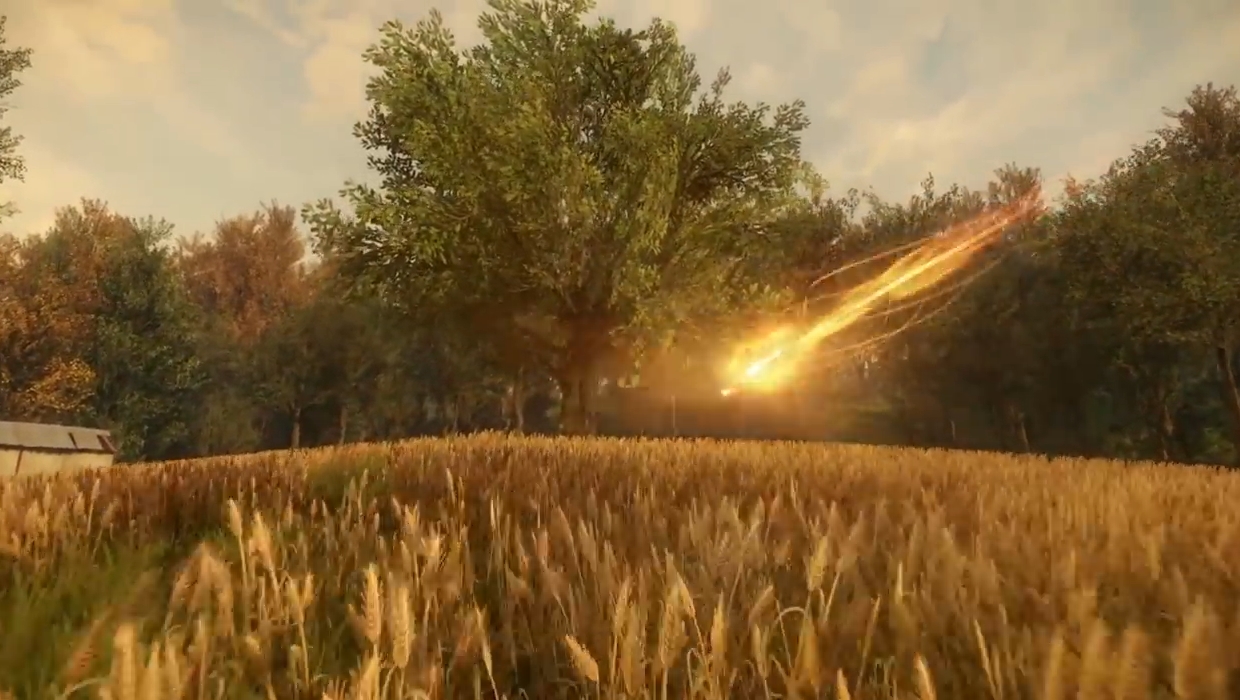
You arent totally alone, though it isnt clear whos with you
Though the gameplay didnt reveal any other humans that were left, Shropshire is filled with mysterious energy that points to something big happening in the background. Throughout the early stage, an orange sphere of light floats around the area, seemingly with no rhyme or reason. The developers say that orange light is one of five AI that hang around in the game world, but wouldnt give any more details to their motives than that.
Shropshire is also home to some electromagnetic disruptions that recreate little scenes from societys end. We see the staticky shadows of a man and woman arguing about the man missing his nephews birthday party, replaying a moment that may or may not have anything to do with the apocalypse. Those same energy disruptions are also the source of the only traditional gameplay in the demo. Players approach a large ball of light and are then tasked with the PS4 controller as a way of finding the right frequency to unlock the puzzle, sort of like tuning into a radio station. Were not sure what the puzzle unlocks, because the demo ends by fading to white just as the challenge is completed.
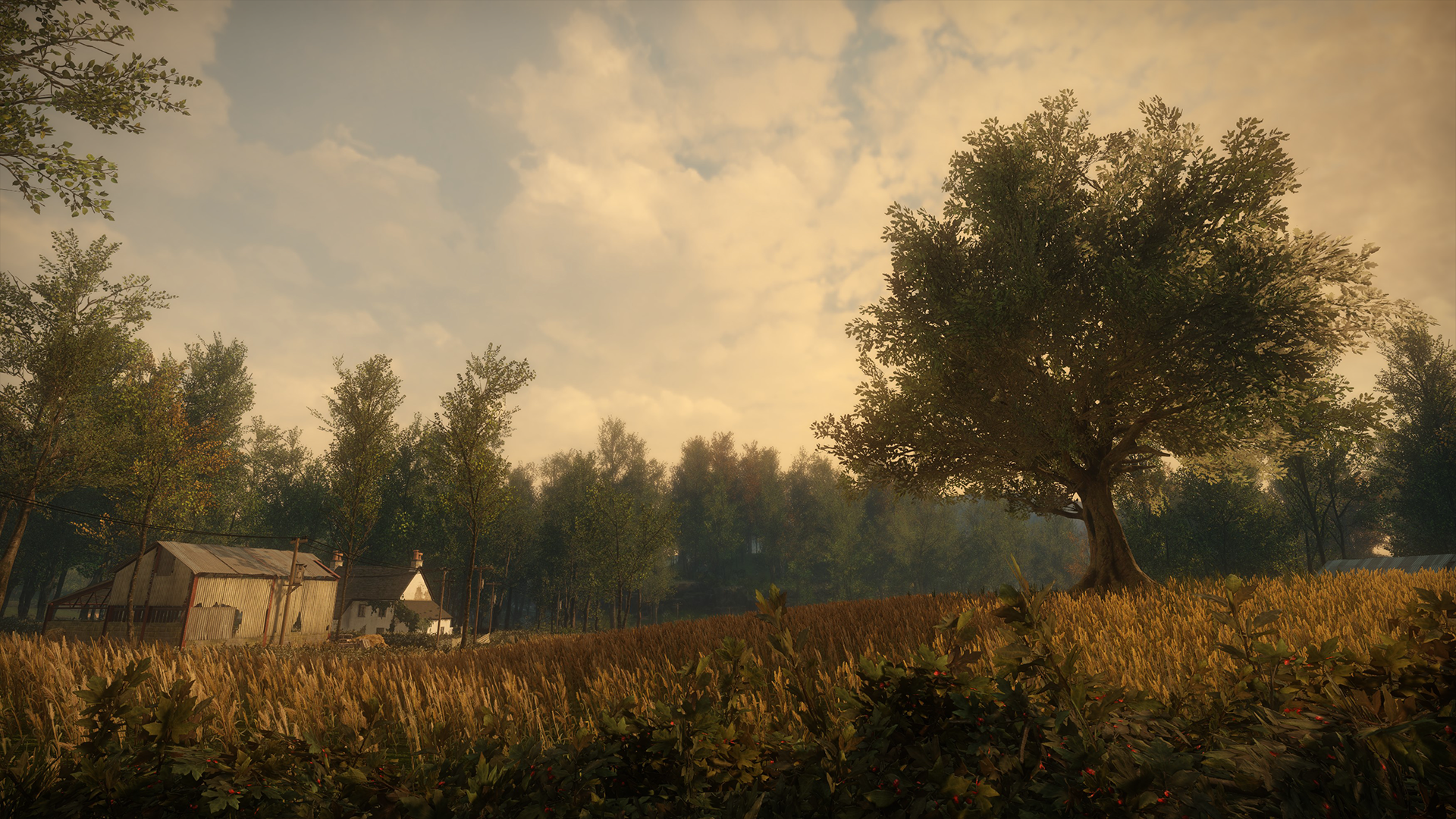
Its a PS4 exclusive made in association with Sonys Santa Monica studio
The Chinese Room began as a team of three developers working on MODs for Half-Life 2, and has now grown into a team of 13 working on a PS4 exclusive with Sony as the publisher. After putting out two games for the PC, this is quite a big step for the team, particularly if they really plan to publish it in 2015. Good thing they have support from one of the most experienced developers on the PlayStation, Sony Santa Monica.
As described by The Chinese Room devs, design and development are all taking place at their UK studio, as Santa Monica helps with production while still fostering the unique style of the creators. And Chinese Room welcomes the outside help, if only because a game like Everybodys Gone to the Rapture needs an outsider perspective. For a game that drops players into a nonlinear world with an open story, its a boon to have fresh players exploring it and giving notes on the layout of things.
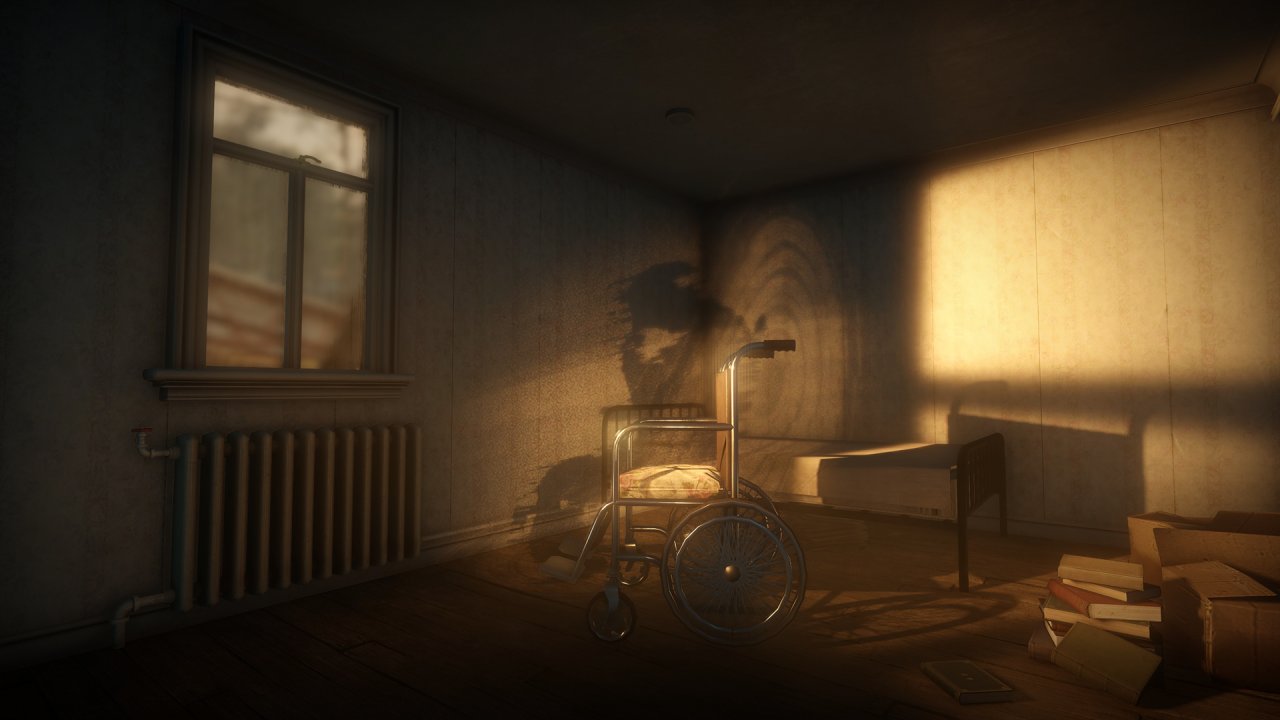
We already love the soundtrack
A massive trade show is a great place to expose your game to as many people as possible, but it might not be the best for presenting game as quiet as Everybodys Gone to the Rapture. Multiple times the demo is drowned out by the cacophony of Sonys huge booth, but the many outside noises quieted at just the right time for the soundtrack to come in. The slowly rising operatic score filled the room, giving even more gravitas to the situation, hinting at a truly memorable soundtrack for the final game.
The devs are quick to mention that the music is written by Jessica Curry, the games co-director. She aims to give her next game the type of powerful music that made Dear Esther so celebrated, only on a much larger scale. And that makes sense given that the overall scope of this game is bigger than anything Currys team has made before. But can all these small moments add up to something grand? Well see when the game hits the PS4 in 2015.

Henry Gilbert is a former GamesRadar+ Editor, having spent seven years at the site helping to navigate our readers through the PS3 and Xbox 360 generation. Henry is now following another passion of his besides video games, working as the producer and podcast cohost of the popular Talking Simpsons and What a Cartoon podcasts.
Weekly digests, tales from the communities you love, and more
You are now subscribed
Your newsletter sign-up was successful
Want to add more newsletters?

